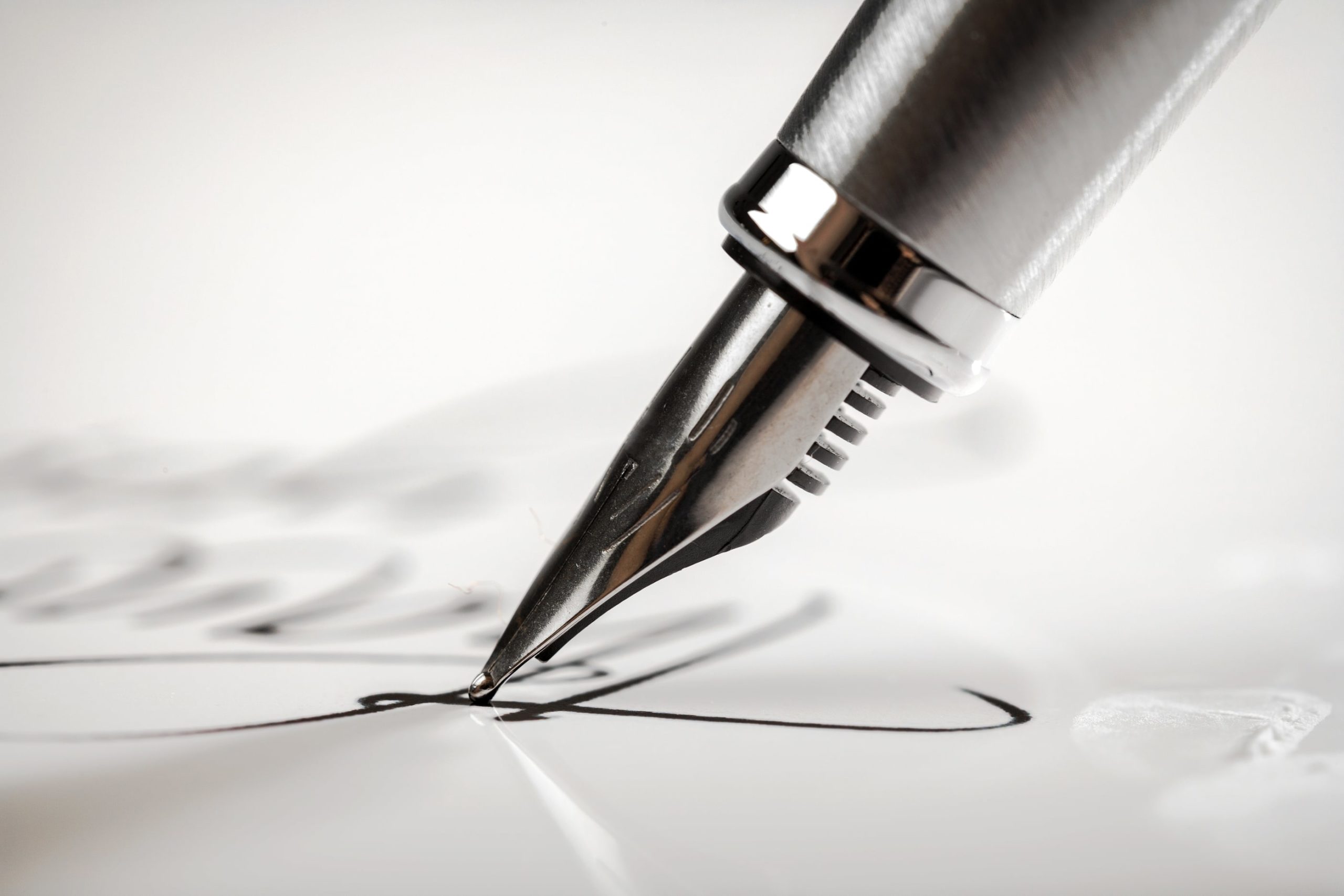If you have experienced an accident on another person’s property, whether due to the property owner’s action, the actions of an employee or another guest, or even through your own doing, you should not be surprised if someone attempts to have you sign a waiver, also called a release of liability, after the accident. The person attempting to have you sign the waiver may be doing so purely out of standard operating procedure, but that does not mean you should sign it. In fact, signing a waiver after an accident can have an enormously negative impact on your own interests, and thus signing a waiver without consulting with an experienced attorney is not recommended.
Why Signing a Waiver After an Accident Is a Bad Idea
“Waiver” is a generic term, but it generally refers to a document that is intended to be legally binding in having the signer of the document sign away his or her right to sue the liable parties in a personal injury suit for their injuries.
That information alone should prevent a person from signing such a release of liability after an accident, but, in our modern society, we have become so desensitized to agreeing to contracts without reading them simply to move on with our day – think about everytime you are asked to update an iTunes licensing agreement or terms with your credit card company. Furthermore, you may also be in some state of physical and/or mental instability after an accident, causing you to be less concerned with what you are signing and more willing to follow the lead of a person shoving a document in your face.
By signing the waiver, it can be much more difficult for you to obtain a settlement or verdict for the cost of your medical bills, lost wages, and any pain and suffering that might come down the road, even weeks and months in the future. You cannot know the true value of your injuries without consultation with an experienced attorney who can work with medical professionals to establish your damages and understand whether other parties are liable, thus you should avoid signing anything related to your potential claim without consulting with an attorney.
What to Do If You’ve Already Signed a Waiver
Even if you already signed a waiver on the spot – either before the accident occurred or after – that does not necessarily mean that you will not be able to pursue a personal injury claim for your injuries against all responsible defendants. Courts will not uphold waivers and releases of liability under certain circumstances such as:
- Where the language of the waiver is unclear
- Where you made to sign the waiver under duress
- Where the defendant’s actions were reckless
- Where it would be unconscionable to uphold the waiver in court
- Where the waiver does not cover the claim you are pursuing
Talk to an experienced personal injury attorney to get further clarity on what a signed waiver might mean for pursuing your claim.
Experienced Personal Injury Attorneys in the Inland Empire
At McCune Wright Arevalo, LLP, our personal injury team – led by by partner Cory Weck, a Marine Corps officer with over 20 years of service to his country and 15 years of experience litigating personal injury cases – has repeatedly won verdicts and settlements on behalf of clients across the Inland Empire in the millions of dollars. Our attorneys understand that the fear, anxiety, and pain that you and your family are going through following a personal injury, and we are dedicated to doing everything we can to help our clients get the help they need. Contact us today to schedule a consultation with one of our experienced personal injury attorneys.
